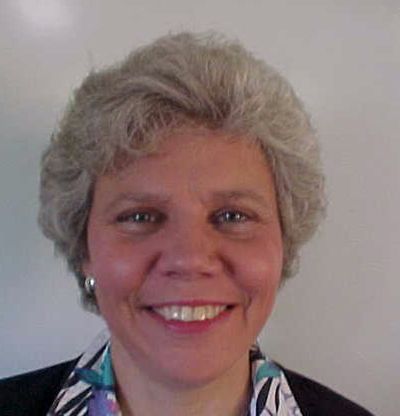Ombudsman program needs volunteers
Just 35 volunteers serve long-term care residents in five Washington counties

More than 6,000 people live in assisted living communities, nursing homes or adult family homes in the Inland Northwest and Linda Petrie, who’s the regional long-term care ombudsman, is running out of volunteers to keep in contact with them all.
“I cover five counties including Spokane, and 6,100 is the number of beds we have available,” said Petrie, of the Washington State Long-Term Care Ombudsman Program. “Right now we have about 35 volunteers, so yes, we absolutely need some more people.”
The beds aren’t always full but the 35 volunteer ombudsmen are stretched thin, Petrie said.
A training session attracted just five volunteers. An ombudsman listens to concerns and questions and works with residents, families and staff to resolve problems.
“If I can get some more volunteers, I’ll put on another training session right away,” Petrie said.
In north Spokane alone, more than 30 adult family homes take care of 175 residents who should meet with an ombudsman regularly.
Many don’t get a visit, Petrie said.
“Our ombudsmen hear about many different issues,” said Petrie. “Sometimes it’s care issues or medication issues. Sometimes it’s dealing with the family or just sitting down to talk to them and the resident.”
The 30-hour training program leads to a certification, and volunteers spend four hours a week visiting facilities.
“The training covers residents’ rights, which are at the heart of the program,” Petrie said.
The training also covers state and federal regulations for care facilities, but it’s residents’ well-being that’s the focus of this program.
“We only deal with things that the residents want to deal with,” Petrie said.
The program also serves Ferry, Stevens, Pend Oreille and Whitman counties.
Petrie said potential ombudsmen come from many backgrounds, not necessarily social services or teaching.
“The main thing is that they enjoy visiting with the residents and that they listen well,” said Petrie. “Our training gives them the tools to deal with the issues that come up. Most people absolutely can do this, if they have the time.”